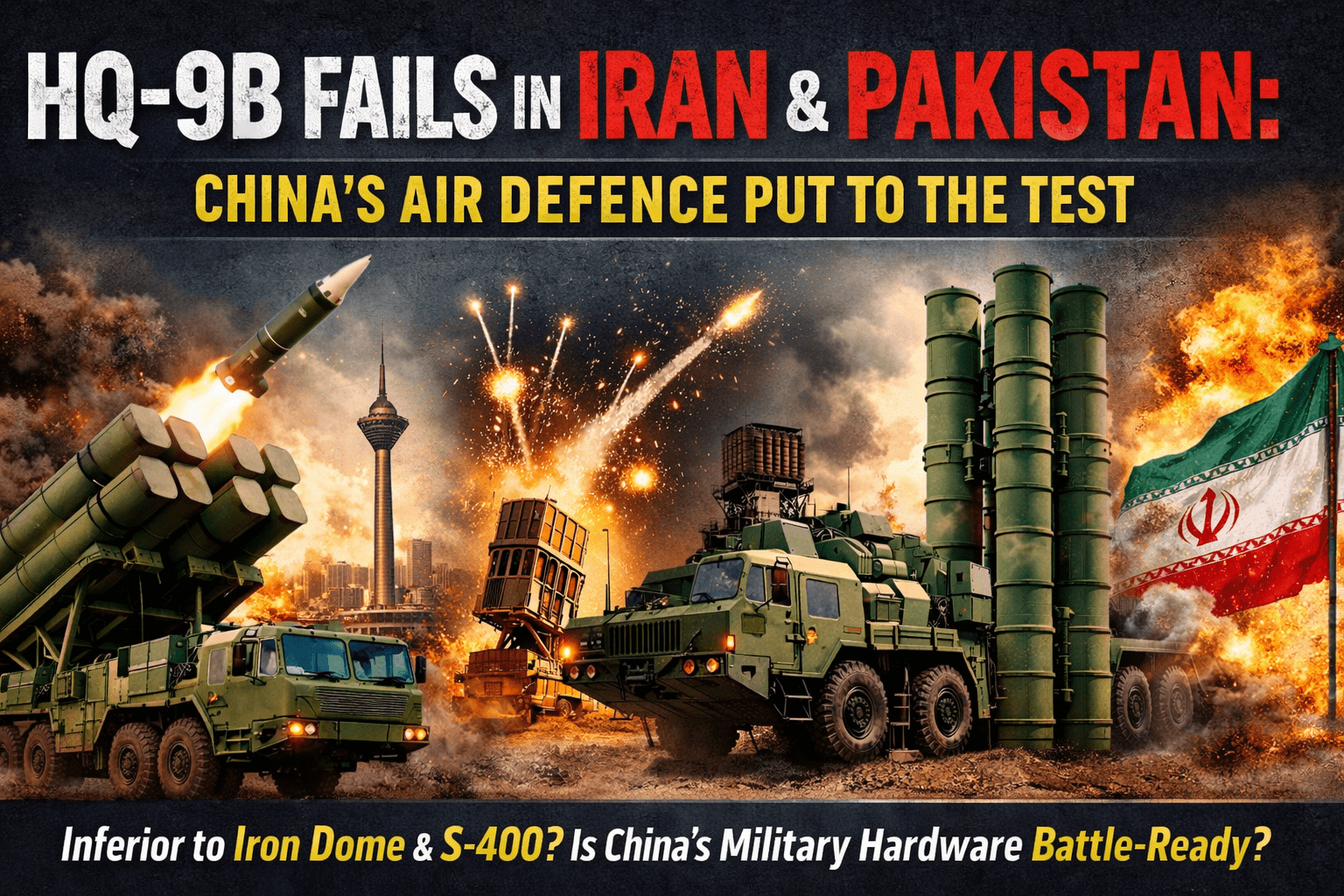The World Uyghur Congress will elect a new president and 34 other officials during its general assembly starting Thursday in Sarajevo, despite unprecedented harassment and threats from the Chinese government to disrupt the meeting.
The harassment has scared off potential candidates for the leadership of the Uyghur advocacy organization, with only one person — Turghunjan Alawudun — running for president, said Dolkun Isa, who has been in the role since November 2017.
Alawudun, 58, a German citizen who lives in Munich, has been involved in the WUC since its inception in 2004. He is currently one of the organization’s four vice chairman of the executive committee
“He has been faithfully serving the WUC since its foundation,” Isa said of Alawudun. “He is highly reputable and respected by the Uyghurs in the diaspora.”
The Oct. 24-27 gathering in Sarajevo, capital of Bosnia and Herzegovina, will bring together about 176 Uyghur delegates from 27 countries, including the United States.
They will select a new president, three vice presidents, an executive committee chairman, four vice chairmen and 16 commission chairs.
Uyghur genocide
Based in Munich, the WUC is the largest and most prominent organization seeking to promote democracy, human rights and freedom for Uyghurs, 12 million of whom live in Xinjiang, a vast region in northwestern China.
It aims to use peaceful means to chart the political future of East Turkistan — Uyghurs preferred name for where they live.
For years, China has systematically oppressed the Uyghurs in Xinjiang, herding 1.8 million of them into concentration camps and subjecting many to forced labor. Many of the mostly Muslim Uyghurs have been arrested and imprisoned for contacting relatives outside of China or observing Muslim practices.
The U.S. government and other Western parliaments have labeled China’s treatment of the Uyghurs a “genocide,” and the United Nations concluded in an exhaustive report that China may be guilty of crimes against humanity in Xinjiang.
But China designates the WUC a terrorist organization, accusing it of conspiring with separatists and religious extremists to plan terror attacks and seek Uyghur independence. It also deems Isa, a human right defender, a terrorist.
The nominee for chair of the WUC’s executive committee — another important position — is Rushan Abbas, 57, executive director of an activist group, Campaign for Uyghurs, based in Washington, Isa said.
Intimidation
The WUC’s general assembly comes amid heightened threats on possible candidates for leadership positions.
Both Alawudun and Abbas faced slander, intimidation and threats since they nominated themselves for the positions.
China threatened Alawudun’s relatives who live in the city of Aksu in Xinjiang, saying they would face reprisals if he ran for the WUC presidency, the organization said.
Abbas has been threatened on social media, especially on X, by questionable accounts. One account owner posted a photo-shopped image of Alawudun and Abbas together with a red “X.”
In a statement issued on Oct. 18, the WUC outlined the threats and harassment by China intended to disrupt the organization’s general assembly. They included pressure by the Chinese Embassy in Bosnia and Herzegovina to cancel the meeting and threats to arrest Isa, a German citizen, while he is in Sarajevo.
The most recent attack on WUC came Monday when unidentified hackers sent phony conference postponement letters to all attendees, delegates, candidates and foreign lawmakers, after breaching a WUC employee’s email, Voice of America reported.
Ongoing threats against candidates and their families is one reason why there is only one person running for president, Isa said.
“Some withdrew from their candidacy after China threatened their loved ones in our homeland,” he said.
“Some younger activists who are qualified to run stated they are not ready for it,” Isa said. “But I believe the Chinese threat played a key role. It is difficult for them to bear the persecution coming from China.”
The Chinese Embassy didn’t answer phone calls or reply to written requests by Radio Free Asia to comment on the threats and harassment outlined by the WUC.
Candidate requirements
Those running for president must have served the WUC for at least seven years, be fluent in at least two foreign languages, and possess significant global credibility in the world and among Uyghurs.
They also must have paid WUC membership fees consistently and have not traveled to China or territories under Chinese control since 2009. Their direct relatives cannot have any connection to Chinese entities or companies.
The WUC also said China used proxy organizations — foreign groups that oppose the WUC or ones that are “Uyghur” in name but believed to be doing China’s bidding — to spread fear and uncertainty about the safety of the participants and to threaten to disrupt the conference’s proceedings.
“Some of our delegates were warned by the security agency in their country not to attend the assembly,” Isa said. “Some were not able to come due to visa issues. But they will all attend and vote online during the election this Saturday.”
Check out the interviews with Dolkun Isa and Rushan Abbas only on IJ-Reportika
We are : Investigative Journalism Reportika
Investigative Reports
Daily Reports
Interviews
Surveys Reportika




